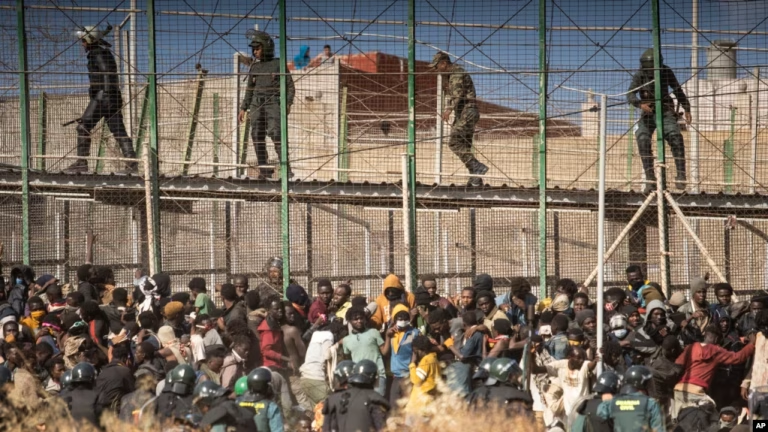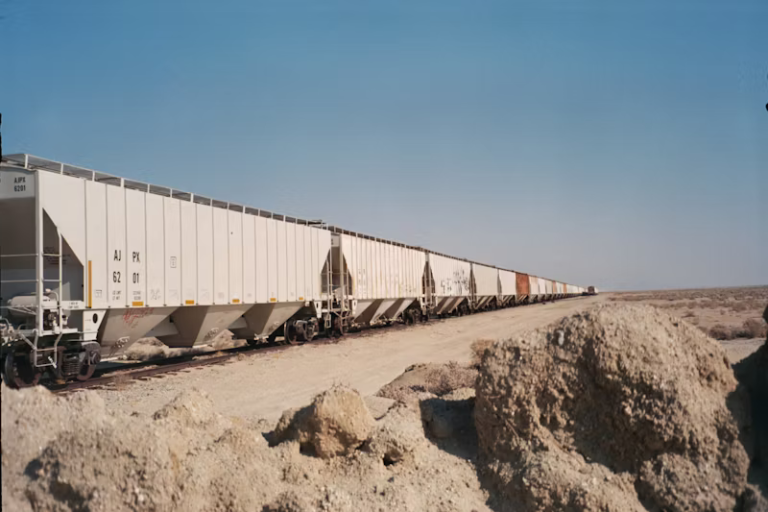Behavioural Risk as a Systemic Threat: Governance, Culture, and the Hidden Architecture of Organisational Failure
Written by Elisa Garbil – 02.02.2025 Risk management has traditionally focused on quantifiable exposures: market volatility, credit defaults, operational breakdowns, and compliance breaches. Yet across sectors, repeated organisational failures demonstrate that these events are rarely isolated technical accidents. Instead, they emerge from behavioural patterns that shape how individuals interpret incentives, respond to pressure, exercise judgement, and normalise…










